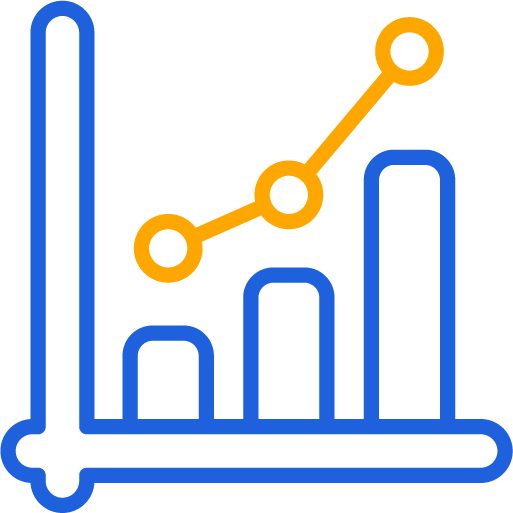Sheryl Sandberg, the COO of Facebook parent company Meta, revealed her resignation on Wednesday. She has been with the firm since 2008, and she has overseen its activities throughout benchmarks like its IPO in 2012 and its $1.1 trillion capitalization last year. It’s been a profitable, though sometimes chaotic, run for investors who have held Facebook shares for the entirety of Sandberg’s employment at the firm. According to CompareBroker estimates, if you bought $1,000 in Facebook when it went public on May 19, 2013, your shares were worth $4,970.21 at Wednesday’s closing.

Broker Review Contents
Comparison of Meta and S&P 500
A $1,000 asset in the S&P 500 index would have increased by 220 percent to around $3,166 over the same time period, compared to Meta’s 396 percent return. Sandberg helped convert Facebook into an advertisement behemoth and is one of the greatest brands in tech while working as CEO Mark Zuckerberg’s right-hand lady. Facebook was formerly worth at over $1.1 trillion, but that figure has been slashed roughly in half due to slower revenue growth and the company’s 1st ever user decline.
Sheryl Sandberg tenure at Facebook
Her time at Facebook, though, isn’t without criticism. She was with the firm throughout the huge 2018 Cambridge Analytica data breach scandal, as well as the consequences from foreign actors attempting to influence the presidential campaign via Facebook’s network.
Sheryl Sandberg Resignation impact on Facebook
As she walks away from Meta, CNBC reports that the company is facing an antitrust lawsuit from the Federal Trade Commission, as well as possible SEC scrutiny over an allegation about its ability to handle of hatred material on its framework.
Future of Facebook
Sandberg has said that she will remain on Meta’s board of directors. Despite Facebook’s rapid growth since its IPO, previous performance does not guarantee future outcomes. Before you invest, make sure you thoroughly investigate your possibilities. Furthermore, rather of attempting to anticipate which companies will rise and which will fall, consider purchasing and holding low-cost index funds. This form of diversified fund often avoids the ups and downs of choosing individual companies.























